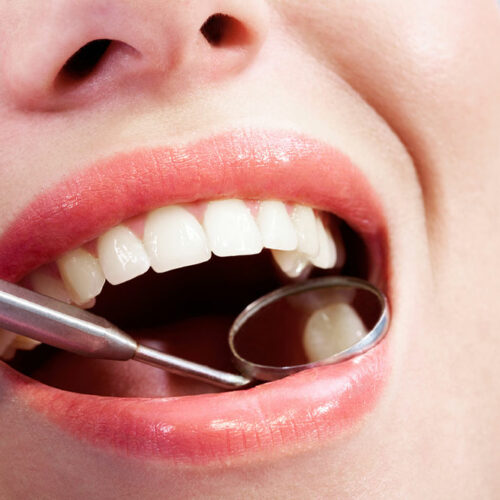6 dental issues indicating high sugar intake

Having a sweet tooth is more common in the country than one would imagine. According to a recent survey, 59% of respondents (who snack often) in the country chose cookies as their favorite snacks, with ice cream and sweets also featuring among the top 10 picks. While desserts are instant mood enhancers, excessive sugar intake triggers several health issues, which include compromised dental health. Here are a few ways in which sugar affects oral health: Dental cavities The teeth contain two types of hard tissues—enamel and dentin. When sugar enters the mouth, it may be metabolized by oral bacteria to give rise to acid, which can demineralize the enamel and the dentin, causing cavities. Food particles may enter these cavities, leading to tooth decay and further complications. Although teeth cavities may be covered with dental fillings, this process is rather expensive, accounting for 5–10% of the healthcare budget. Plaque Plaque or tartar refers to a sticky coating of bacteria on the teeth, causing bad breath, dark stains, and hard teeth deposits. Often, tartar is formed when the molecules present in sugary foods mix with one’s saliva and oral bacteria. If left untreated, tartar may dissolve the enamel and lead to the development of dental cavities.






